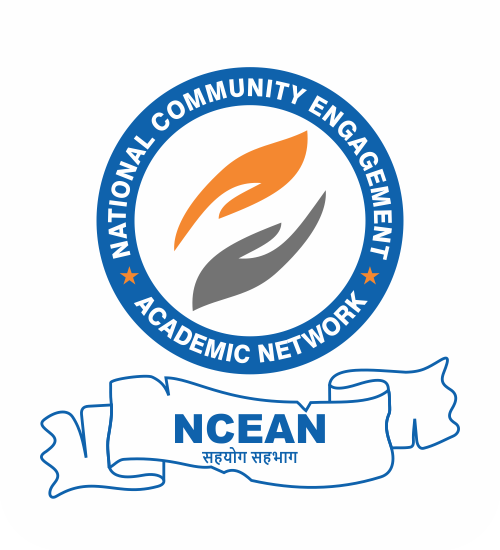Schools engage with their communities
Schools engage with their communities in various ways to support student learning, by schools community involvement, and address local needs. Some common forms of community engagement foster include:
- Parent and Family Involvement: Encouraging parents and families to participate in school activities, parent-teacher conferences, and volunteer opportunities to support student success and strengthen school-community partnerships.
- Community Service Projects: Organizing service-learning projects, volunteer opportunities, and community service initiatives that allow students to contribute to their communities while learning about social responsibility and civic engagement.
- Partnerships with Local Organizations: Collaborating with local businesses, nonprofit organizations, government agencies, and community groups to provide resources, expertise, and support for school programs, events, and initiatives.
- Community-Based Learning: Integrating community-based learning experiences into the curriculum, such as field trips, guest speakers, and hands-on projects, that connect classroom learning to real-world issues and contexts.
- Community Events and Outreach: Hosting community events, workshops, and forums that engage parents, families, and community members in dialogue, education, and collaboration around topics relevant to education and community well-being.
- Support for Vulnerable Populations: Providing resources and support services for students and families facing economic hardship, homelessness, food insecurity, or other challenges to ensure their well-being and academic success.
- Cultural and Diversity Programs: Celebrating cultural diversity and promoting inclusivity through multicultural events, diversity education initiatives, and partnerships with cultural organizations that enrich the school community.
- Environmental Initiatives: Implementing sustainability projects, environmental education programs, and green initiatives that promote environmental stewardship and sustainability practices within the school and the broader community.
- Health and Wellness Initiatives: Partnering with health organizations, local clinics, and wellness programs to promote physical and mental health among students, families, and community members through education, outreach, and support services.
- Collaborative Decision Making: Involving parents, students, teachers, and community members in school governance, decision-making processes, and advisory committees to ensure that diverse perspectives are considered and valued in shaping school policies and practices.
Through these and other forms of community engagement, schools play a vital role in strengthening connections between educators, students, families, and the broader community, ultimately contributing to the success and well-being of students and the communities they serve.
